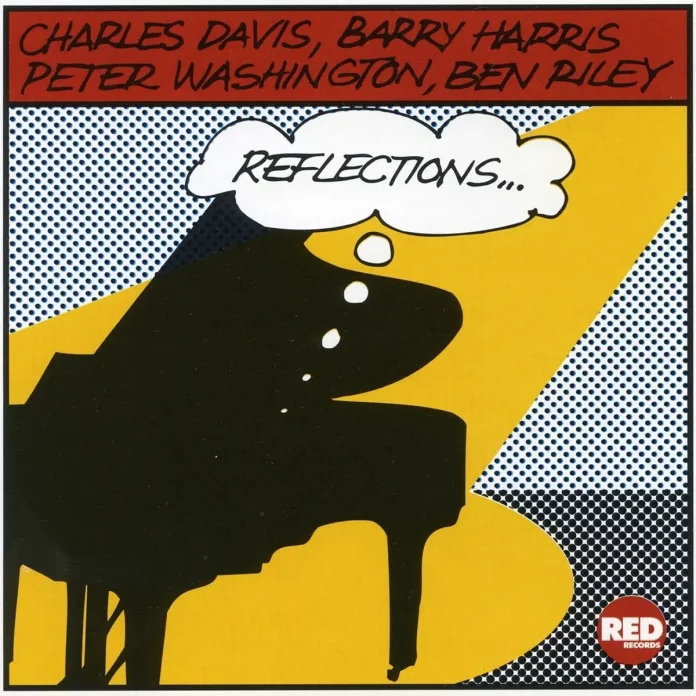Harris arguably has the higher profile of the co-leaders on this one. Also, while there’s nothing intrinsically wrong with Davis’s work, in a programme of what is essentially “modern” bop Harris’s solo voice is often the more compelling.
Davis evokes both Hawkins and Rollins, a point made most pointedly on Harris’s To Duke With Love. Here, Davis takes his time, accordingly makes his contribution more attractive, and offers a tantalising glimpse of a ballad stylist with his own things to say and his own approach to apply.
As an interpreter of Monk, as on the title track, he has a tendency to ignore the compositional and improvisational implications. He doesn’t do so to the extent that he reduces proceedings to a minor key blues, but he is still shaded by Harris’s elegant yet fleetingly knotty solo.
Davis’s tune Monking has the air of a homage to the titular master, and in view of Riley’s association with Thelonious Monk it’s hardly surprising that he comes into his own. The resulting music gambols and frolics and both leaders make telling contributions, the effectiveness of which is enhanced by Washington’s solid lines.
To The Highest Degree catches the quartet gelling nicely and in a manner purged of empty rhetoric. Davis’s phrases are at moments somewhat oblique to the music’s pulse, but this gives him an individuality sometimes lacking in the legions of tenor sax players who’ve devoted themselves to this style. This makes the journeyman tag he might well be burdened with slightly less apposite.
Discography
Monking; Reflections; K.D.; To Duke With Love; Miriam’s Delight; To The Highest Degree; K.D. (Alternate Take) (48.21)
Charles Davis (ts); Barry Harris (p); Peter Washington (b); Ben Riley (d). JPT Sound Studio, New York, 19 February 1990.
Red Records 123247-2
















